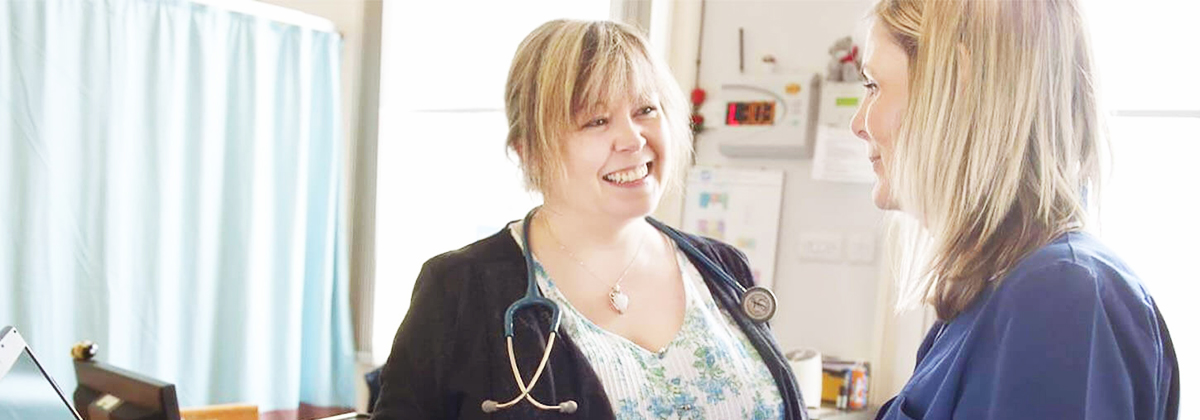Not having a diagnosis, or waiting for a diagnosis for your child, can be very difficult for parents. When diagnosing cerebral palsy there is no one simple, single test that can provide an immediate answer. Instead, medical teams need to look at a child’s development over time and may carry out brain scans and other tests before they make a diagnosis.
The age of diagnosis differs greatly
Some premature babies who have spent a lot of time in neonatal care, or babies who have experienced a traumatic birth and receive neonatal care, may receive an early diagnosis.
Most children are diagnosed between the ages of six months and two years. CP may be suspected if developmental milestones like sitting, crawling or walking are delayed. Children might seem too stiff or floppy or have atypical movements.
If you’re concerned about your child’s development in any way, seek the advice of your GP or health visitor. They can refer you to a paediatrician.
The charity Action Cerebral Palsy has developed an awareness campaign and online information about spotting early signs of cerebral palsy in a young child. The campaign is designed to give new parents the confidence to speak to their GP or Health Visitor if they have any concerns about their young child’s motor development. The campaign has received the accreditation of the Institute of Health Visiting.
How is cerebral palsy diagnosed?
Your paediatrician will review your child’s medical history and will look at their motor skills, coordination, and reflexes. Referrals may be made to a neurologist, physiotherapist or other healthcare professional to arrive at an accurate diagnosis and to begin development of a therapy plan.
To take a closer look at what’s happening inside the brain, doctors might use the following tests:
CT scan: A CT uses x-rays to look at the structure of the brain and any areas of damage. The NHS provides more information on what’s involved.
MRI scan: An MRI is even more detailed than a CT scan and can show the location and type of damage within the brain. The NHS provides more information on what’s involved.
Cranial ultrasound scan: Often used with high-risk premature babies because it’s the least intrusive way to see potential areas of damage.
EEG: This is a recording of brain activity. The test is used to detect abnormalities in the electrical activity of the brain. The NHS provides more information on what’s involved.
